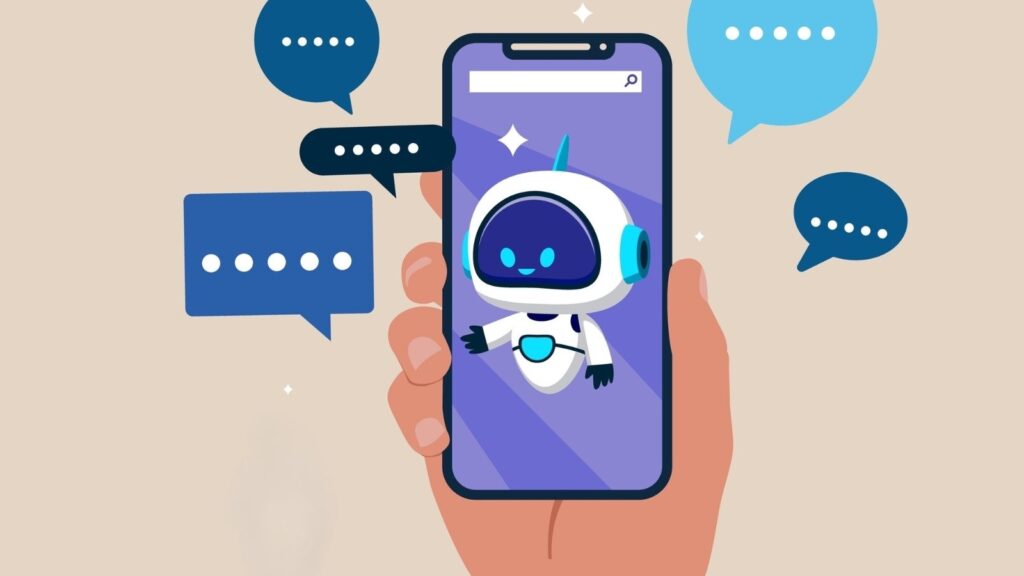Artificial intelligence has made significant strides in recent years, transforming how we interact with technology. While Siri and Alexa have become household names, the capabilities of AI-powered personal assistants extend far beyond these popular platforms. In this blog, we delve into the advancements in AI personal assistants, exploring their evolving functionalities, applications in various sectors, benefits, and the future potential of these intelligent companions.
Imagine an AI assistant that not only answers your queries and sets reminders but also understands your preferences, anticipates your needs, and seamlessly integrates into your daily routines. This vision is becoming a reality as AI assistants evolve from basic voice-activated tools to sophisticated, context-aware systems. These advancements are driven by improvements in natural language processing (NLP), machine learning, and contextual understanding.
AI-powered personal assistants are increasingly capable of handling complex tasks and providing personalized experiences. For instance, instead of merely setting a reminder for a meeting, an advanced AI assistant can coordinate schedules, book conference rooms, and even prepare relevant documents for the meeting. By analyzing patterns in your behavior and preferences, these assistants can offer proactive suggestions, such as recommending a restaurant for dinner based on your past dining habits and current location.
In the healthcare sector, AI assistants are making a significant impact. Imagine a virtual health coach that monitors your vital signs, provides personalized fitness and diet recommendations, and alerts you to potential health issues. By integrating with wearable devices and health apps, AI assistants can offer real-time insights and support for managing chronic conditions, improving overall wellness, and encouraging healthy lifestyle choices.
For businesses, AI-powered personal assistants are revolutionizing customer service and operational efficiency. Virtual customer service agents, powered by AI, can handle inquiries, resolve issues, and provide 24/7 support with a high degree of accuracy and efficiency. These AI assistants can understand and respond to customer emotions, improving the overall customer experience. In addition, AI can streamline administrative tasks such as scheduling meetings, managing emails, and organizing projects, allowing employees to focus on higher-value activities.
Education is another area where AI assistants are proving invaluable. Personalized tutoring systems can adapt to individual learning styles and pace, providing customized educational content and support. These AI tutors can track progress, identify areas of improvement, and offer targeted exercises to enhance learning outcomes. In higher education, AI assistants help students manage their schedules, keep track of assignments, and access resources, making the academic journey more manageable and productive.
The benefits of AI-powered personal assistants are substantial. They enhance productivity by automating routine tasks, provide personalized experiences by understanding user preferences, and offer round-the-clock assistance. These intelligent companions also have the potential to improve accessibility for individuals with disabilities, enabling them to interact with technology and access services more easily.
However, the widespread adoption of AI assistants comes with challenges. Privacy and security concerns are paramount, as these systems often handle sensitive personal information. Ensuring that AI assistants are secure, transparent, and compliant with data protection regulations is critical. Additionally, there is a need to address biases in AI algorithms to ensure fair and equitable treatment for all users.
Looking to the future, AI-powered personal assistants will become even more integrated into our daily lives. Advances in AI, combined with the proliferation of IoT devices, will enable more seamless and context-aware interactions. Imagine a smart home where your AI assistant controls lighting, heating, and appliances based on your routines and preferences, creating an environment tailored to your comfort and convenience.
Moreover, the development of emotional intelligence in AI assistants will enhance their ability to understand and respond to human emotions, making interactions more natural and empathetic. As AI continues to evolve, these assistants will not only perform tasks but also engage in meaningful conversations, providing companionship and support.
AI-powered personal assistants are evolving beyond basic functionalities, offering more personalized, proactive, and intelligent support in various aspects of our lives. From enhancing productivity and customer service to improving healthcare and education, these AI companions are set to transform how we live and work. As technology advances, the potential for AI assistants to become indispensable parts of our daily routines grows, promising a future where AI seamlessly integrates into our lives, making them easier, more efficient, and more enjoyable.
By Our Media Team
Our Editorial team comprises of over 15 highly motivated bunch of individuals, who work tirelessly to get the most sought after curated content for our subscribers.




